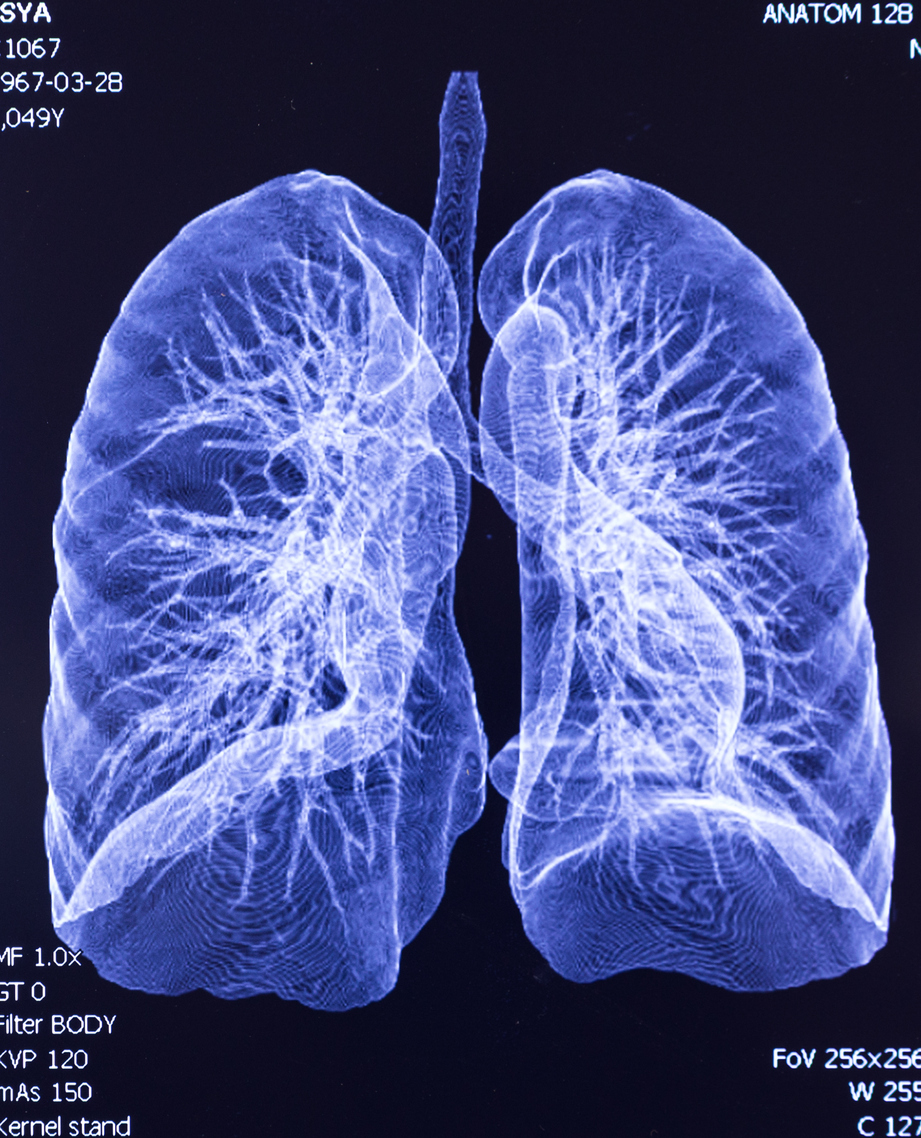
Bacterial lung infection affects both children and adults worldwide, and pneumonia remains a common cause of premature death in many parts of the world, with millions of people dying from it every year. To facilitate the development of more effective therapies, researchers at Karolinska Institutet are trying to characterize the immunological mechanisms involved in pneumonia.
The new study demonstrates that an inflammatory mediator called interleukin-26 (IL-26) is critically involved in bacterial pneumonia in humans. During the last decade, IL-26 has emerged as an important player in the so-called innate immune response, our first line of defense against pathogens. It is abundant in the airways of healthy humans, and bacterial exposure stimulates an increased release of IL-26 by lung cells and white blood cells.
Read more...







